In an unprecedented milestone for the continent, Lagos is set to be named the UNESCO World Capital of Creative Arts for 2026 — a title that places Nigeria’s most vibrant metropolis squarely on the global cultural map. This recognition is far more than ceremonial; it’s a powerful validation of Lagos’s rise as a dynamic, ever-evolving nexus of art, technology, and innovation.
From the bustling streets of Victoria Island to the creative hubs in Yaba and Surulere, Lagos is a living, breathing canvas. It is a city where Afrobeats pulses from every corner, where Nollywood scripts are born from local realities, where fashionistas redefine African style, and where visual artists paint the future of a continent on the move. The UNESCO designation not only affirms Lagos’s immense creative potential but also signals a paradigm shift: the world is watching Africa — and Lagos is leading the charge.
But what does it truly mean to be the World Capital of Creative Arts?
At its core, the designation celebrates cities that are deeply committed to fostering creativity as a strategic driver for sustainable urban development. In Lagos, this vision is not just aspirational — it’s actionable. The Lagos State Government has committed over ₦8.5 billion (approx. $5.8 million) in public funding to the creative sector. These investments span support for over 140 cultural festivals, talent development programs, community-based arts initiatives, and the enhancement of tourism infrastructure. It’s a bold bet on culture — and one that is already yielding dividends in innovation, job creation, and youth engagement.
Complementing this global spotlight is the return of the Lagos Biennial in 2026, one of Africa’s most important contemporary art exhibitions. With its upcoming edition titled The Museum of Things Unseen, the Biennial will explore silenced histories and overlooked narratives, pushing the boundaries of traditional museology. It will also launch the Àkéte Collection, a visionary public international art collection aimed at preserving contemporary African art while fostering intercultural dialogue.
The synergy between the UNESCO designation and the Biennial paints a compelling picture of what’s to come: an intersection of local ingenuity and global dialogue. It’s a cultural crescendo powered by a broad coalition — government agencies, creative entrepreneurs, tech innovators, international curators, and grassroots communities all collaborating to rewrite Lagos’s story on a world stage.
For the creative and tech industries, this presents an exciting frontier. Lagos offers fertile ground for creative-tech fusion: think VR-powered art installations, fashion-tech startups, music AI platforms, NFT-driven galleries, and immersive digital storytelling rooted in African identity.
Ultimately, Lagos’s rise as the 2026 UNESCO World Capital of Creative Arts isn’t just about celebration — it’s about transformation. It reaffirms the city’s place as Africa’s cultural heartbeat and a testament to the power of creativity to shape economies, societies, and futures. For creatives, technologists, and cultural entrepreneurs, Lagos is more than a city. In 2026, it becomes the stage where Africa reimagines the world.

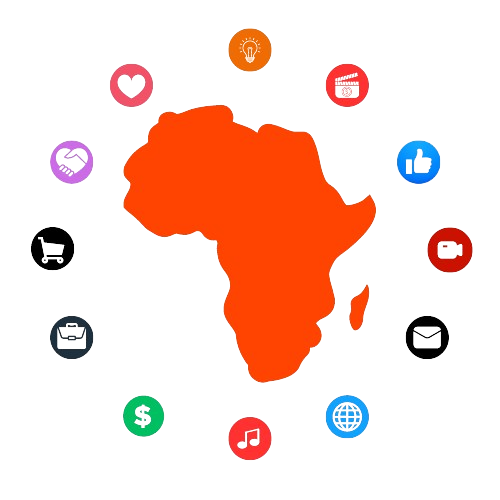
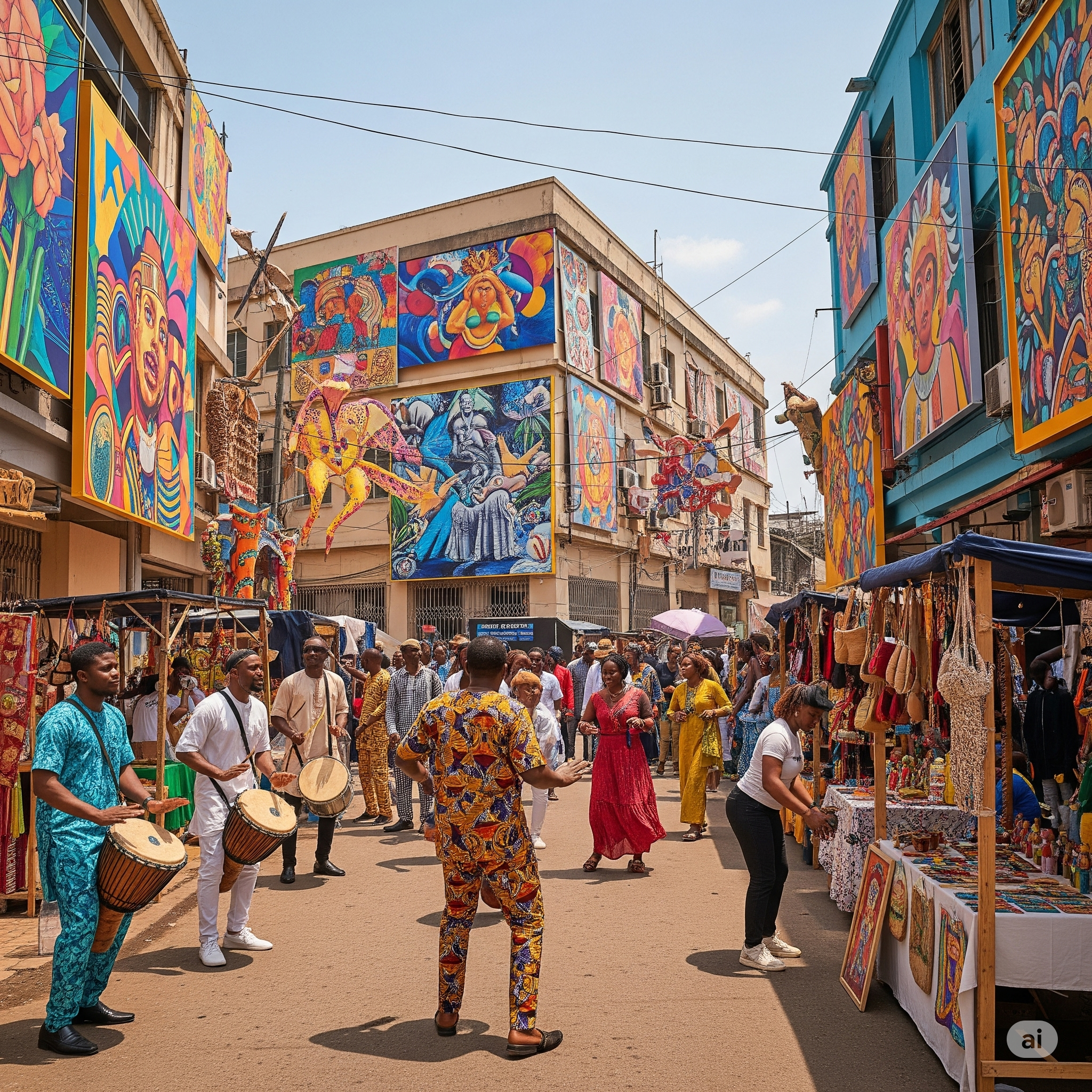

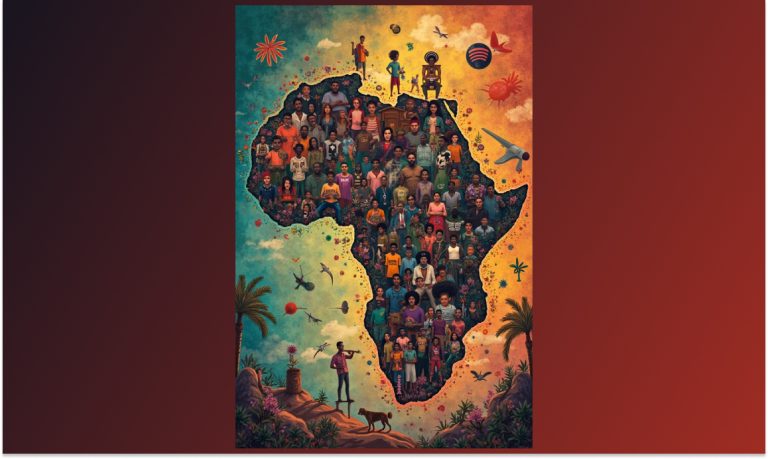
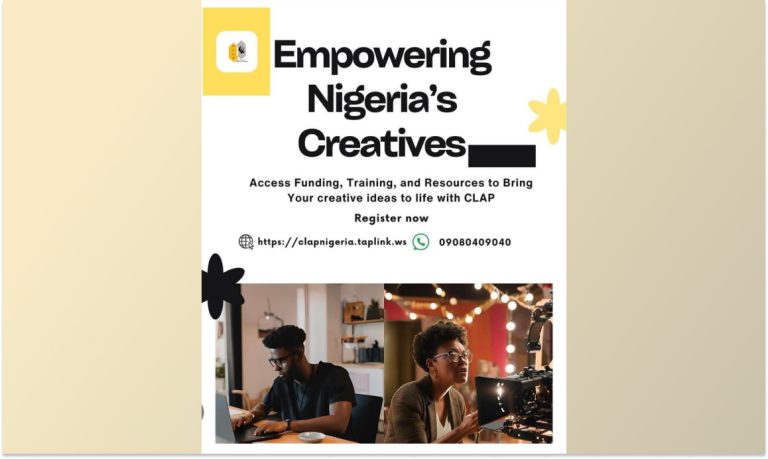
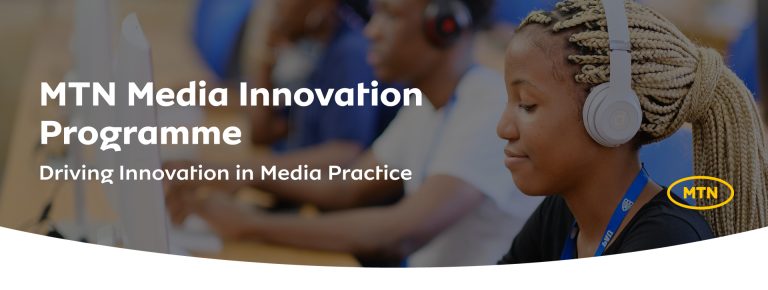


Leave a Comment